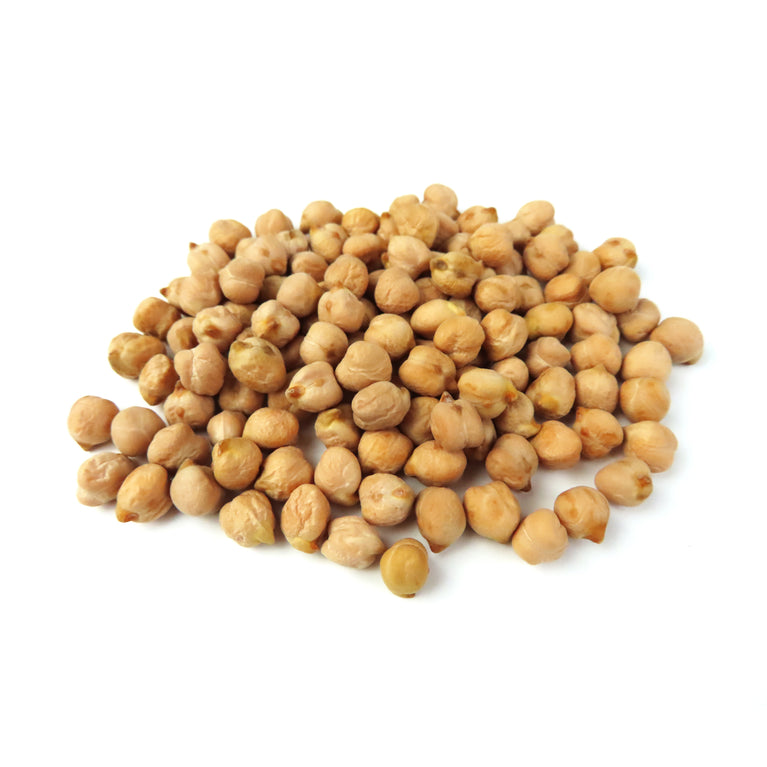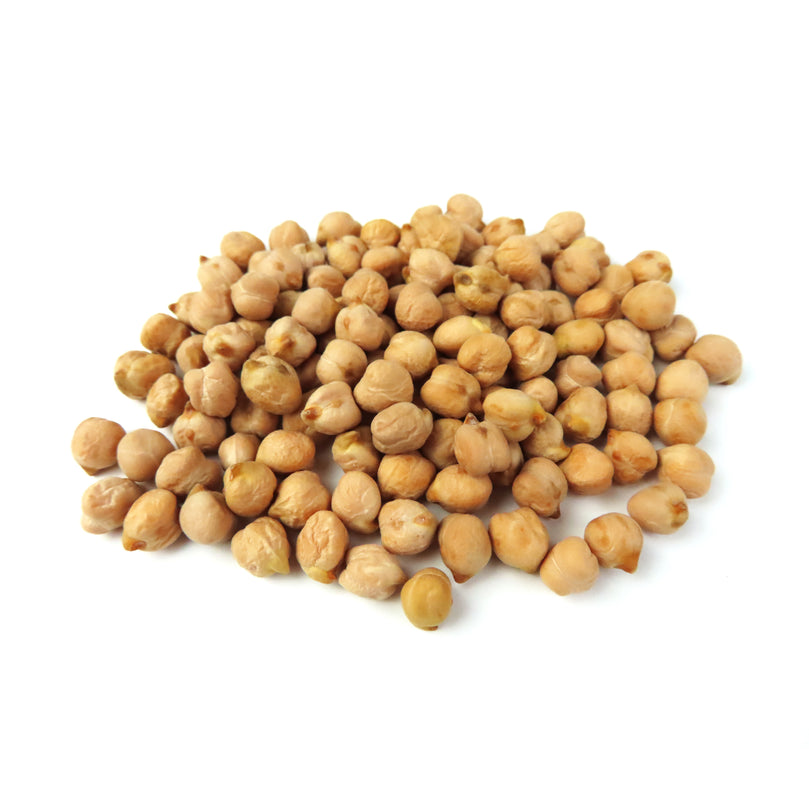
Chickpeas contain a range of nutrients, including protein, which is necessary for bone, muscle, and skin health.
For people who do not eat meat or who are cutting down on meat consumption, a dish of chickpeas and rice, for example, can contribute a significant amount of protein to the diet. A cup of chickpeas provides almost one-thirdTrusted Source of an adult’s daily protein needsTrusted Source.
The nutrients in chickpeas may also help prevent or benefit several health conditions, which we list below.
Diabetes
One cup of chickpeas, weighing 164 grams (g), provides 12.8 gTrusted Source of fiber. The 2020–2025 Dietary Guidelines for Americans recommend that adults consume 25.2–28 gTrusted Source of fiber per day, depending on age and sex.
Fiber may benefit people with diabetes, and the American Diabetes Association recommends legumes such as chickpeas as a source of dietary fiber.
A 2018 reviewTrusted Source of meta-analyses found that a high fiber diet may help lower blood glucose levels and reduce the risk of developing type 2 diabetes.
A 2021 review of studies concluded that eating pulses long-term may help improve glycemic control, reduce low-density lipoprotein (LDL) cholesterol, and help regulate body weight.
Chickpeas can also play a role in a healthy diabetes meal plan.
Bone health
The iron, calcium, and other nutrients in chickpeas can all contribute to healthy bone structure and strength. Legumes such as chickpeas can play a role in the diet of people who want to prevent osteoporosis.
Blood pressure
To prevent high blood pressure, experts recommendTrusted Source limiting the intake of added sodium, or salt, and increasing the intake of potassium. Potassium can help lower blood pressure by removing sodium from the body.
Current guidelinesTrusted Source recommend that adults consume at least 4,700 milligrams (mg) of potassium per day.
A cup of chickpeas, weighing 164 g, provides 477 mgTrusted Source of potassium.
People who use canned chickpeas should check how much added sodium they contain. Cooking with dry chickpeas or those with lower added sodium can help limit the amount of salt in a meal.
A 2020 reviewTrusted Source concluded that reducing sodium intake can lower blood pressure in people both with hypertension, or high blood pressure, and in those without.
Adults should keep their sodium intakeTrusted Source below 2,300 mg per day, while people ages 51 or over and those with risk factors for cardiovascular disease should consume less than 1,500 mg per day.
Heart health
The fiber, potassium, B vitamins, iron, magnesium, and selenium in chickpeas all support heart health.
Fiber helps decrease the riskTrusted Source of heart disease by lowering cholesterol levels in the blood. Chickpeas contain no cholesterol.
According to a 2016 reviewTrusted Source, a diet rich in pulses such as chickpeas can help decrease LDL cholesterol, which can benefit heart health.
Cancer
Free radicals are toxic substances that accumulate in the body as a result of metabolism and other factors. As these toxins build up, they can damage cells and lead to a variety of health problems, including cancer.
Selenium and beta carotene in chickpeas act as antioxidants, which help the body remove free radicals.
A cup of chickpeas contains 6.1 microgramsTrusted Source (mcg) of selenium. The Office of Dietary Supplements (ODS)Trusted Source recommends that adults consume 55 mcg of selenium per day. It also notes that selenium’s antioxidant activity may help protect the body from cancer.
In addition, chickpeas are a good source of fiber, and a 2015 studyTrusted Source suggests that eating a diet with sufficient fiber can help reduce the risk of colorectal cancer.
Cholesterol
The 2016 reviewTrusted Source cited earlier analyzed studies surrounding chickpea consumption in both humans and animals. A small study from 2006 suggested that when people ate a diet with added chickpeas, compared with a diet with added wheat, for 5 weeks, they had lower LDL, or “bad,” cholesterol. Other studies, including a few on rats, found that eating chickpeas reduced both serum total cholesterol (TC) and LDL cholesterol.
The authors of the review suggest that chickpeas may benefit cholesterol due to their dietary fiber and protein content, along with enzyme inhibitors and tannins.
Mental health
A cup of chickpeas contains 70.2 mg of choline, which helps with brain and nervous system function. Choline plays a role in mood, muscle control, learning, and memory, as well as the body’s metabolism.
The ODS recommends that adults consume 400–550 mgTrusted Source of choline a day, depending on sex

